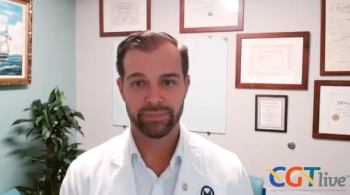
The medical oncologist at Moffitt Cancer Center discussed 3 different approaches to cell therapy that could lead to new treatment options in the field.

The medical oncologist at Moffitt Cancer Center discussed 3 different approaches to cell therapy that could lead to new treatment options in the field.
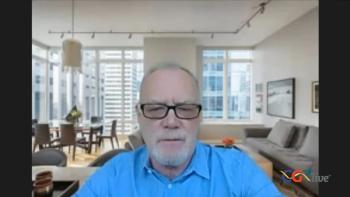
The chief scientific officer of CureDuchenne discussed research he is looking forward to seeing in 2024.
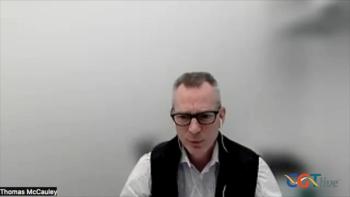
The chief scientific officer at Omega Therapeutics discussed milestones Omega Therapeutics is looking forward to in the next year.
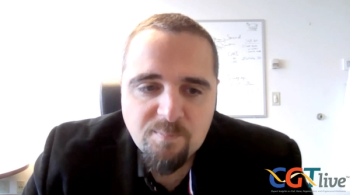
For World Amyloidosis Day, the cardiologist at the Center for Hypertrophic Cardiomyopathy at Oregon Health & Science University discussed how Nexcella’s NXC-201 could help address unmet needs.

The chief executive officer of Likarda discussed the company’s CSS technology and how it may reduce off-tissue effects.
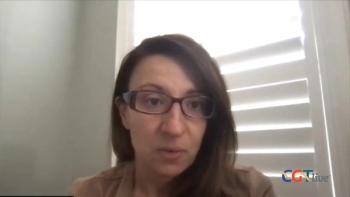
The assistant professor at MD Anderson Cancer Center discussed the EVEREST-1 clinical trial of A2B530.
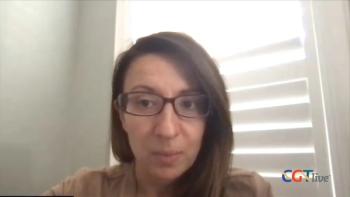
The assistant professor at MD Anderson Cancer Center discussed factors to consider when trying to treat patients with gastrointestinal cancers with cell therapy.
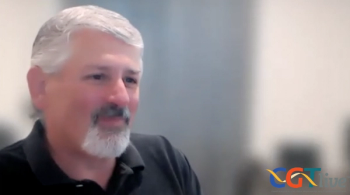
In observance of Epidermolysis Bullosa Awareness Week, the executive director of debra of America discussed how a combination of advanced and topical approaches may represent the future of EB treatment.
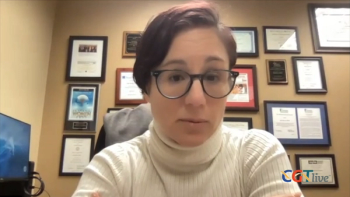
The director of the Adult Sickle Cell Clinic and associate professor at University of Alabama Birmingham discussed her experiences serving as an investigator for lovo-cel clinical trials.
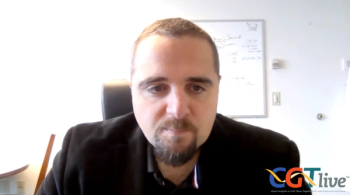
In observance of World Amyloidosis Day, the cardiologist at the Center for Hypertrophic Cardiomyopathy at Oregon Health & Science University discussed the changing landscape of care in this field.
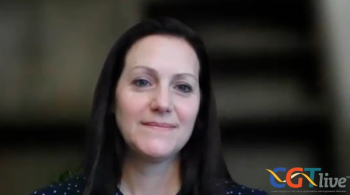
In observance of Epidermolysis Bullosa Awareness Week, the debra of America representatives discussed unmet needs for the patient population and the approval of the first EB gene therapy.
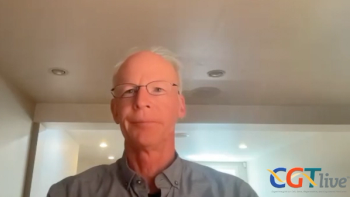
The director of the Center for Immunity and Immunotherapies at Seattle Children's Research Institute discussed preclinical research on overcoming limitations of Treg cells through genetic engineering.
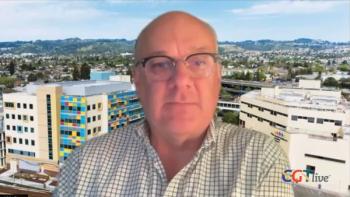
The professor in residence of pediatrics at University of California San Francisco discussed a potential long-term consequence of gene therapy and myeloablative conditioning.
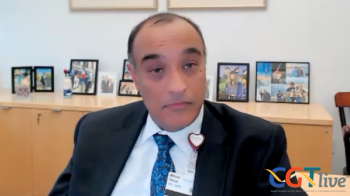
The director of the Center for Hypertrophic Cardiomyopathy at the Cleveland Clinic discussed the design of the MyPeak-1 clinical trial for TN-201 and the associated MyCLIMB natural history study.
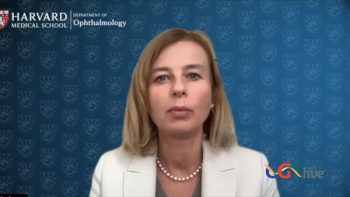
The associate professor of ophthalmology at Harvard Medical School discussed investigational corneal transplant therapy.
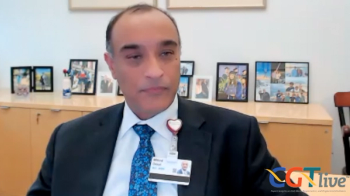
The director of the Center for Hypertrophic Cardiomyopathy at the Cleveland Clinic discussed TN-201, an investigational gene therapy for MYBPC3-associated HCM.
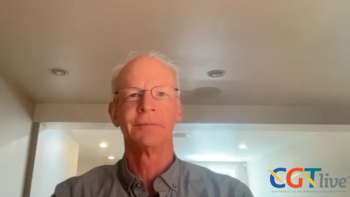
The director of the Center for Immunity and Immunotherapies at Seattle Children's Research Institute discussed findings from several preclinical studies that could help bring engineered B-cell therapies to clinical trials.
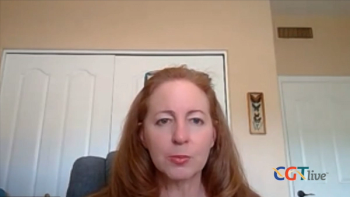
The chief research officer of the Muscular Dystrophy Association discussed research needs that remain in the field in light of recent progress and approvals.
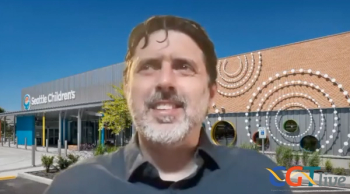
The associate professor at the University of Washington, and principal investigator at Seattle Children's Research Institute discussed results from a leukemia mouse model.
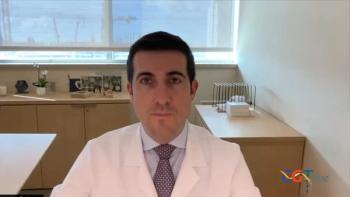
The associate professor of clinical ophthalmology at University of Miami discussed his experience using the gene therapy in a compassionate use program.
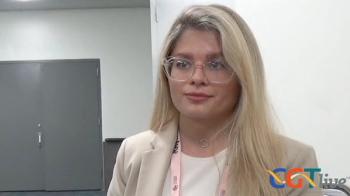
The research associate at Cancer Center of Southern California in Santa Monica discussed findings from 3 patients treated with a combination therapy that included NK cell therapy SNK01.
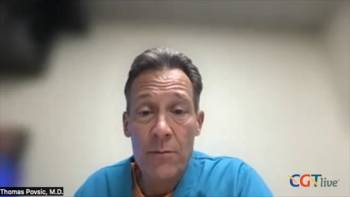
The interventional cardiologist and professor, Duke University School of Medicine, discussed other populations that may benefit from XC001 and the challenges and opportunities with a surgical delivery of treatment.
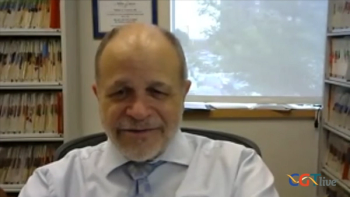
The codirector of the MDA Clinic and professor of neurology at Johns Hopkins discussed the updated analyses of the NURTURE study that affected the big picture of the data.
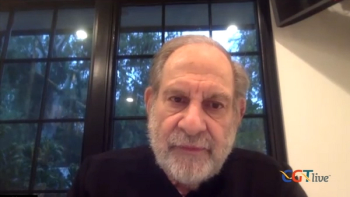
The senior partner at Retina Vitreous Associates Medical Group discussed efficacy and safety data from the phase 2 AAVIATE trial.
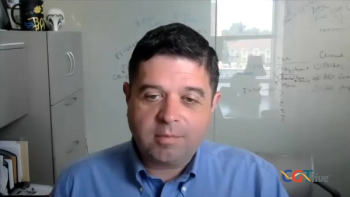
The professor of medicine and pediatrics at Washington University in St. Louis discussed future challenges and exciting research in the sarcoma field.
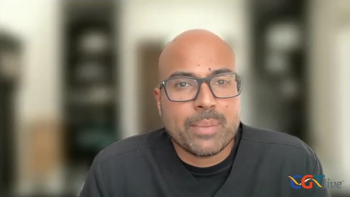
The adjunct clinical assistant professor, ophthalmology, Keck School of Medicine, University of Southern California discussed new data from the ALTITTUDE trial.
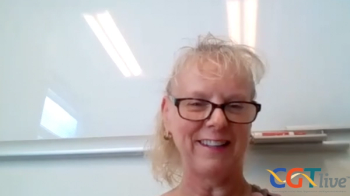
The chief scientific officer of Precision for Medicine discussed what lies on the horizon for gene therapies directed at neurological indications, such as Alzheimer disease and Parkinson disease.
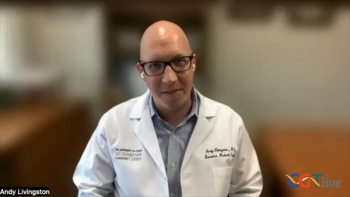
The associate professor at MD Anderson Cancer Center discussed the upcoming trial of NY-ESO-1 TCR/IL-15 NK cell therapy for SS and MRCLS.
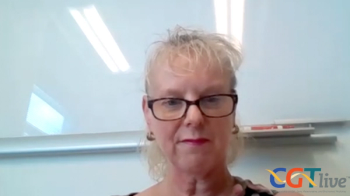
The chief scientific officer of Precision for Medicine discussed the unique aspects of clinical trials for gene therapies that need to be considered before initiation.
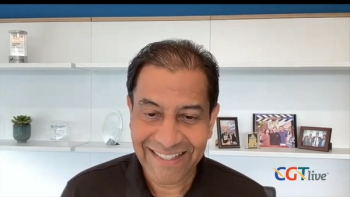
The chairman, chief executive officer, and cofounder of Ocugen discussed unmet needs within retinitis pigmentosa and the potential of OCU400 gene therapy.